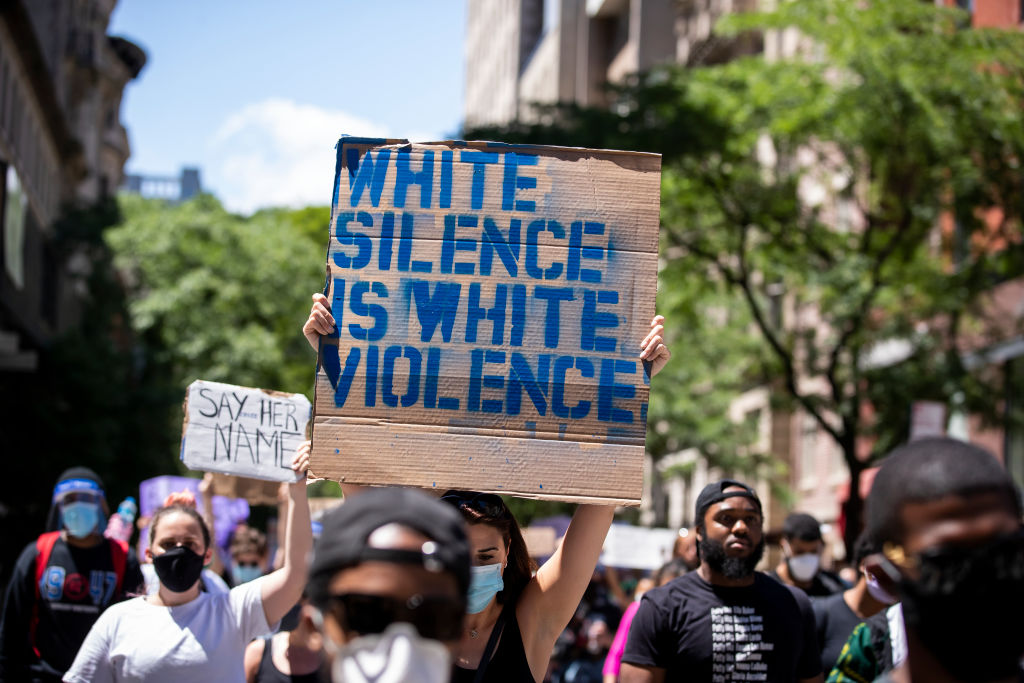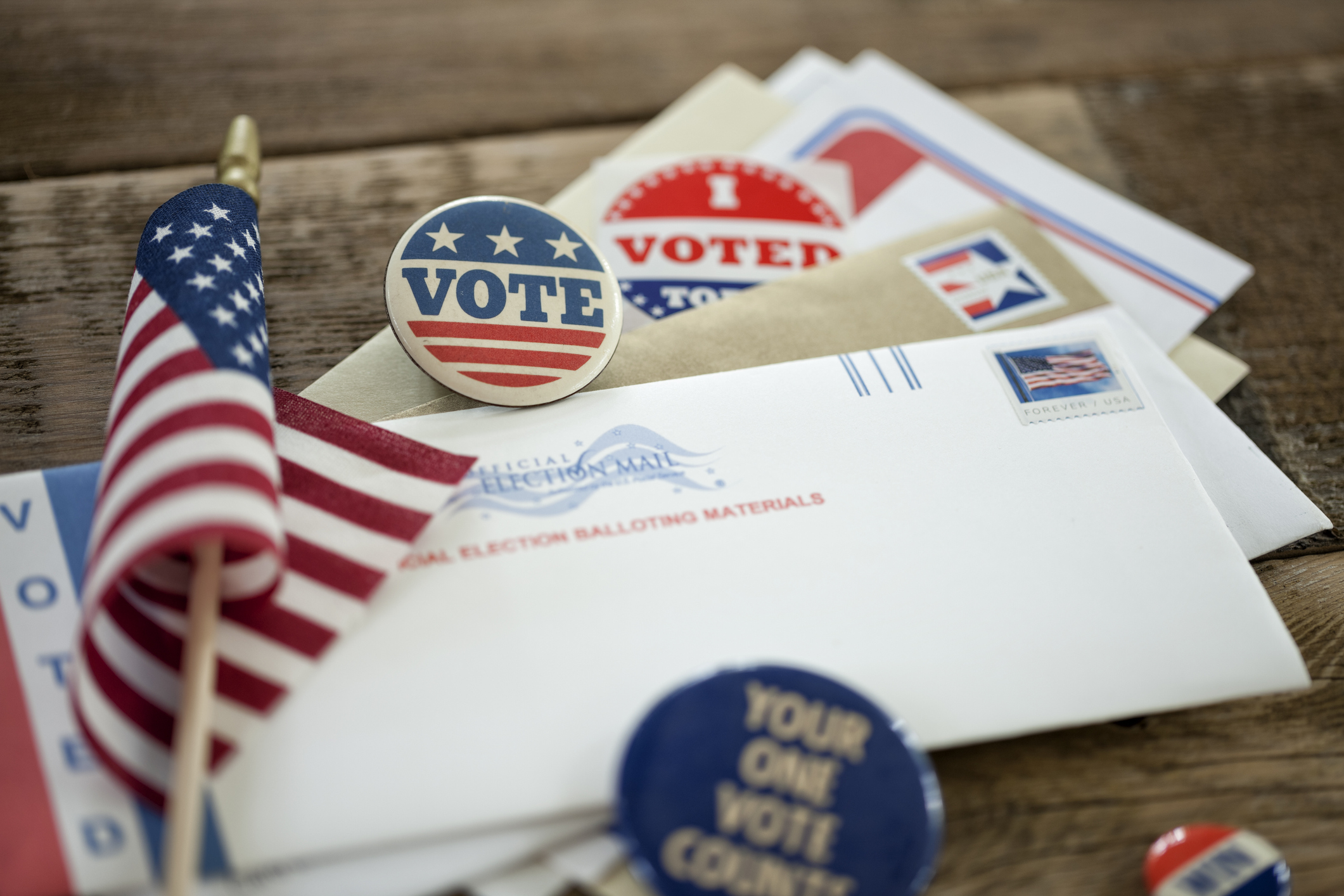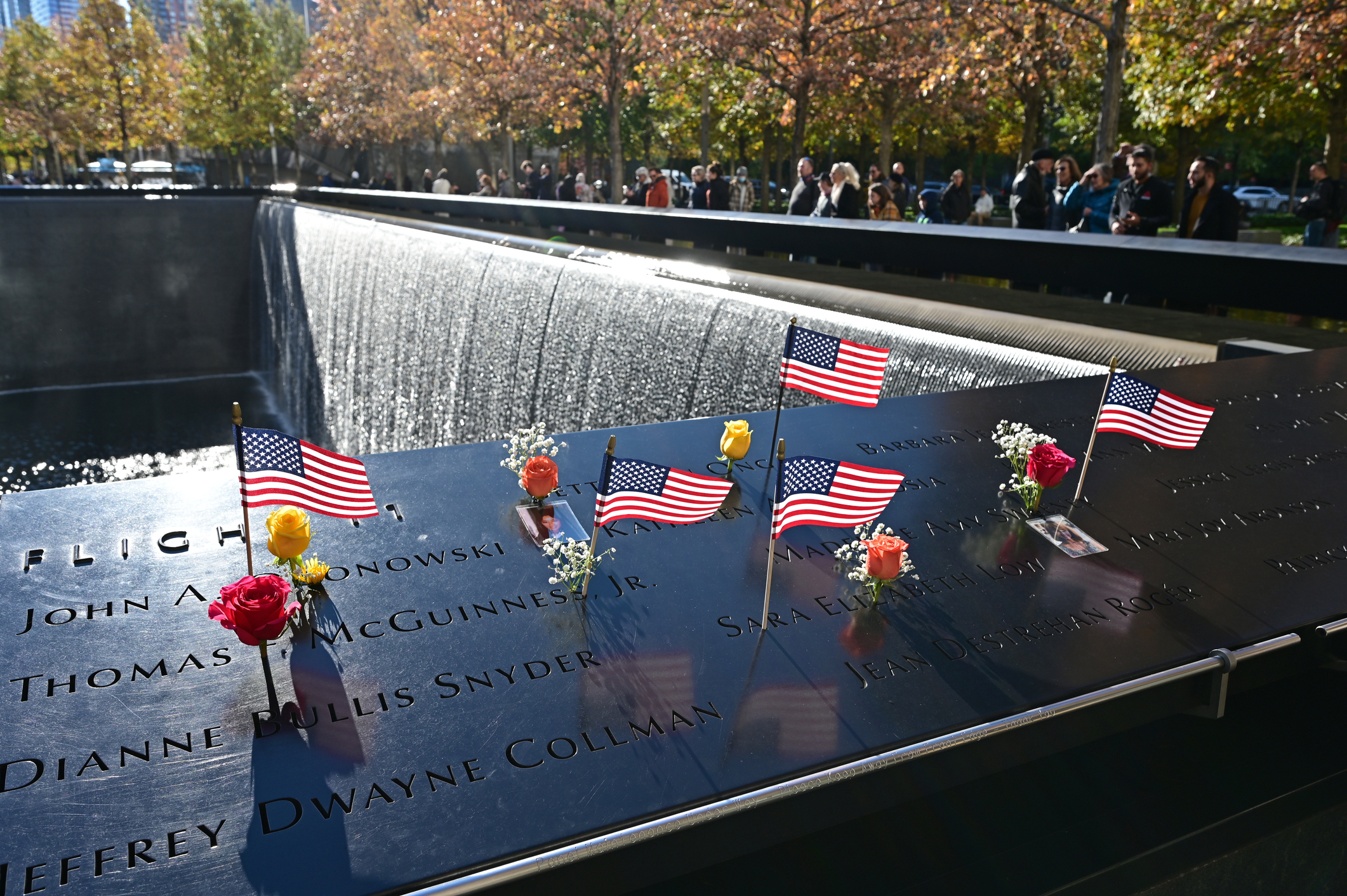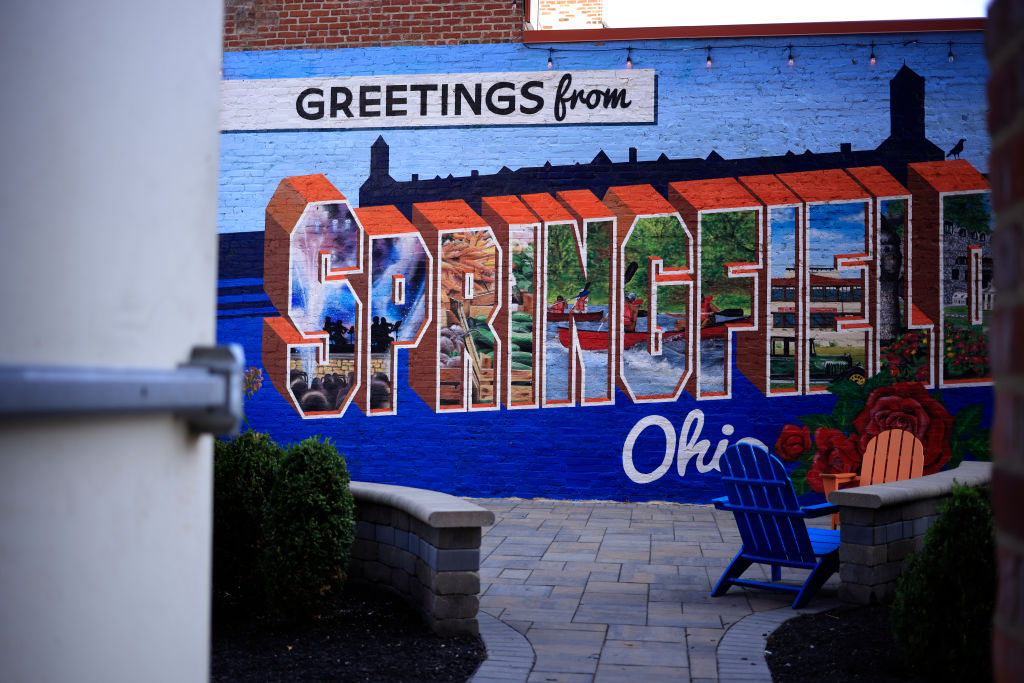Technocrats are imposing foreign law on American jurisdictions.
Putting Americans First

The H-1B visa program undermines our nation.
Over the last 40 years, it has become increasingly clear that having open, unsecured borders is at odds with the interests of the American people. Our porous southern border has led to alarming surges in disease, illegal drugs, and human trafficking. Mass immigration has contributed to a growing housing crisis, while new job creation is being disproportionately soaked up by migrants at the expense of native-born Americans.
The most recent conflict over immigration, which erupted over the Christmas holiday, concerns the last point: how many foreign workers should we allow to displace American workers?
The controversy began with President-elect Trump’s appointment of Sriram Krisham to advise him on AI policy, and escalated when Trump ally and DOGE co-chairman Vivek Ramaswamy took to X to argue that something is fundamentally wrong with American culture, which he claimed “has venerated mediocrity over excellence for way too long.” This triggered a huge backlash from a number of commentators in Trump’s base. From there, Ramaswamy and Elon Musk began actively defending the use of the H-1B visa program, which brings tech workers to the U.S. to fill positions that supposedly cannot be filled with native-born American workers.
Instituted in 1990, the H-1B visa program is an outgrowth of the H1 program contained in the Immigration and Nationality Act of 1952. According to Axios, the idea was to “enable American companies to employ foreign workers who have highly specialized theoretical or technical skills.” U.S. Citizenship and Immigration Services reports that a staggering 72% of these visas go to citizens of India. The People’s Republic of China is second, at 12%. In practice, then, the H-1B program has essentially become an immigration program for people from those two countries.
This kerfuffle shows that the MAGA movement is not monolithic, and encourages us to think about the value and merits of the H-1B visa program. Importantly, it also gives us the opportunity to look at immigration from the American Founders’ vantage point. The principles of the American Founding were, and are, the basis upon which American public policy should be formulated—and immigration is no exception.
Universal and Particular
Commentators from various places on the political spectrum like to highlight the universal nature of America’s Founding principles. America is based on abstract, moral propositions like equality and universal natural rights. From there, it’s a short leap to conclude that if the principles of the Founding are universal, then in principle everyone is a potential American, and therefore legal immigration ought to be allowed with little to no restrictions. The natural rights of non-citizens trump any sovereign nation’s laws that restrict immigration. If anything, the H-1B program should exist without limitation.
As Carson Holloway notes, however, “Like most political errors, the claim that America is a propositional nation is based on a partial truth.” It is true that America is based on principles of equality and natural rights, which our Founding Fathers believed were universal (for example, “all men are created equal”). However, they did not believe that these principles conferred upon them any obligation to secure the rights or liberties of anyone but the people of the United States. As John Quincy Adams put it, America “is the well-wisher to the freedom and independence of all. She is the champion and vindicator only of her own.”
The government of the United States was thus formed to secure the liberty of a particular people—Americans. This people is not merely a mass of individuals. Nor are they simply a collection of economic units, factors of production and consumption. They are a people who have a particular history, culture, and identity. They aren’t interchangeable with those who don’t share our way of life. Most of the world doesn’t share these traits, even those countries that are most like America. This is why Canadian Human Rights Commission investigator Dean Steacey could testify, “Freedom of speech is an American concept, so I don’t give it any value.”
A particular people established a nation, with a government to secure their rights. The Declaration of Independence lists “certain unalienable rights” and then declares that the purpose of all just government is “to secure these rights.” Though Woodrow Wilson would claim more than a century later that “such sentences do not afford a general theory of government to formulate policies upon,” the authors and signers of the Declaration would have clearly disagreed with that notion.
In proposing a criminal code for the Commonwealth of Virginia, then-Governor Thomas Jefferson defined crimes as “violations on the lives, liberties and property of others, and, the secure enjoyment of these having principally induced men to enter into society, government would be defective in it’s principal purpose were it not to restrain such criminal acts, by inflicting due punishments on those who perpetrate them.”
American political principles and culture, to which the Founders pledged their lives, fortunes, and sacred honor to defend, caused our nation to become the freest, most prosperous nation ever known. America’s government has a fundamental obligation to adopt policies that protect the society and culture that have made American liberty and prosperity possible. The American people have a right to expect that their government will prioritize their interests over the interests of non-citizens.
This means that our country’s immigration policy should be concerned with what’s best for Americans rather than attempting to secure the natural rights of the billions of non-Americans living in the rest of the world.
Protecting American Interests
Turning to popular arguments for keeping the existing H-1B program, Musk and Ramaswamy have both maintained that there is a persistent shortage of native-born Americans to fill the skilled technical positions that the H-1B program was designed to address. But their assertions should be met with a healthy degree of skepticism. Numerous threads on Reddit feature skilled, credentialed American workers reporting that they are unable to find work in precisely the fields in which most H-1B visas are issued—the very jobs that Musk and Ramaswamy maintain that no American worker can fill.
There are other signs that the claims made by Musk and Ramaswamy are dubious at best. Employers as diverse as AT&T, Disney, and Southern California Edison have all been reportedly laying off American engineers and IT workers, forcing them to train their own foreign-born replacements who were brought in through the H-1B program. The U.S. Justice Department sued Facebook for discriminating against U.S. citizens in favor of “H-1B visa workers and other temporary visa holders.” The Center for Immigration Studies detailed the stories of 11 American workers who were replaced by foreign workers under the H-1B visa program. These examples are very likely violations of the law, as the H-1B program requires employers to certify that properly skilled American workers cannot be found for the positions they seek to fill before hiring under the program.
Returning to a better understanding of the effect unfettered immigration has on American workers means confronting another open border: America’s economic borders.
Long before programs like H-1B, the traditional American method of protecting our economic borders was through the protective tariff. Thomas G. West argues that while America’s Founding Fathers sought to create internal free trade within the United States, tariff protectionism “was not particularly controversial at the time of the Founding.” The second statute enacted by Congress under the Constitution was a tariff bill (the first statute regulated oaths of office); one of its stated purposes was “the encouragement and protection of manufactures.”
James Monroe summarized the Founders’ position in his Sixth Annual Message, writing that however great “unrestricted commerce” may be in the abstract, all nations do not observe it, and so we must protect the American economy. Even Andrew Jackson recognized the need to protect at least those industries which are vital to our national security. Ultimately, West concludes that “no one believed in laissez-faire economics at the expense of American prosperity or national defense.”
While supporters and opponents of tariff protectionism, then and now, recognized the power of tariffs to protect business interests, less well understood is the role of protective tariffs in protecting American workers. This role was recognized and described by the political economist Henry Carey, America’s foremost defender of protective tariffs in the 19th century. In The Harmony of Interests, Carey argued that under international free trade, “wages universally would fall to the level of those of the poorest countries in the world.” American workers would be forced to compete with the lowest-paid workers in the world, as American and foreign producers engaged in unrestricted competition to sell to American customers.
Protectionism would short circuit this ruinous race to the bottom by imposing additional costs on foreign companies that wished to do business in America. “The object of protectionism,” Carey maintained, “is to produce dear labour, that is, high-priced and valuable labour.” American workers would compete against other American workers, but not against the poorest, lowest-paid laborers in the world. Although deeply contested in the 30-plus years leading up to the American Civil War, tariff protection became more or less settled American policy beginning in the 1860s. In the ensuing decades of tariff protectionism, America rose to become the greatest economic powerhouse in human history.
In the 19th century, the main issue was competition from foreign labor working abroad to produce goods that would be imported into the United States. With the H-1B program, the issue is foreign labor being imported into the United States. The effect on the American worker, however, is identical: foreign workers working for lower wages who displace American workers. Now, as in the 19th century, when American workers are forced to compete in a global labor market, the result is always the same, no matter what form the competition takes.
Open economic borders have proven to be as ruinous for the American people as open physical borders.
On the grounds of both principle and prudence, the H-1B program is indefensible. It is grossly injurious to a whole class of American workers who are displaced by foreign workers. At the national level, though the number of immigrants who enter the country under the H-1B program is relatively small, it is part of a larger immigration policy that floods the country with people who do not share, and are often hostile to, America’s history, culture, and traditions. It is thus doubly harmful to the American people.
If “America First” means anything at all, it means putting Americans, and the unique American way of life, first.
The American Mind presents a range of perspectives. Views are writers’ own and do not necessarily represent those of The Claremont Institute.
The American Mind is a publication of the Claremont Institute, a non-profit 501(c)(3) organization, dedicated to restoring the principles of the American Founding to their rightful, preeminent authority in our national life. Interested in supporting our work? Gifts to the Claremont Institute are tax-deductible.
Ireland no longer belongs to the Irish.
The Left’s persecution against the majority is rising.
The issues-versus-intangibles election.
The America Last policies of the Biden-Harris Administration invite more attacks.
The city’s residents never asked for this.






